ACSIS068
Use a range of methods including tables and simple column graphs to represent data and to identify patterns and trends
- Plus Plan
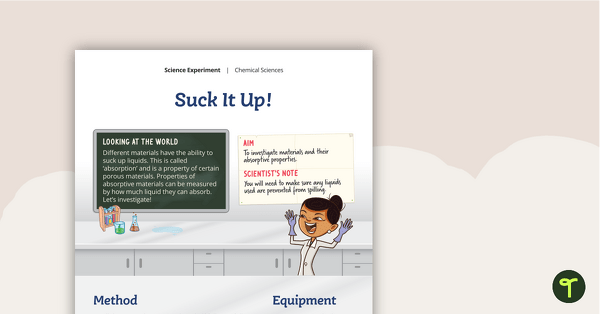
Science Experiment - Suck It Up!
A science experiment which investigates the absorptive properties of various materials.
- Plus Plan
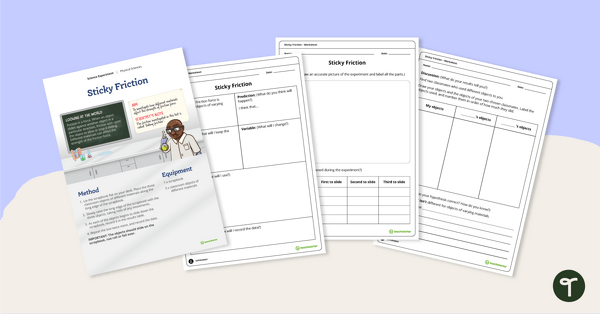
Friction Experiment – Sticky Friction
Use this engaging friction experiment when teaching your students about sliding friction and the effect it has on the movement of objects.
- Plus Plan
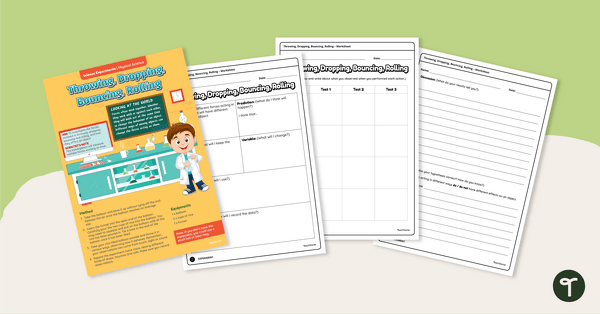
Force and Motion Experiment – Throwing, Dropping, Bouncing, Rolling
Use this hands-on force and motion experiment when teaching your students about how forces influence the movement of objects.
- Plus Plan
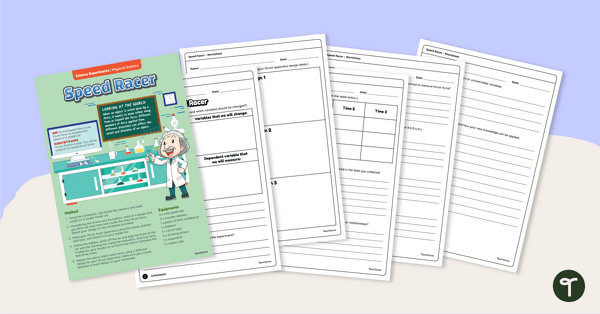
Balloon Car Experiment – Speed Racer
Use this hands-on balloon car experiment when teaching your Year 4 students about thrust force and its effect on the speed of objects.
- Plus Plan
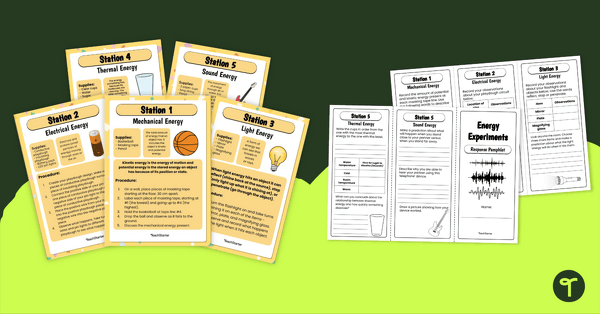
Forms of Energy – Year 4 Science Experiments for Kids
Investigate mechanical, electrical, light, thermal and sound energy with this set of science activities for kids.
- Free Plan
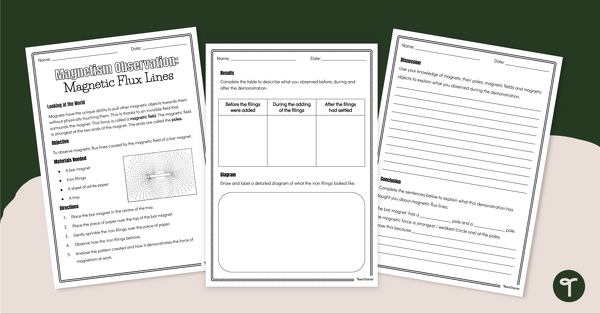
Magnet Experiment – Magnetic Flux Lines
Use this engaging magnet experiment when teaching your students about magnetic fields and their effect on magnetic objects.
- Plus Plan
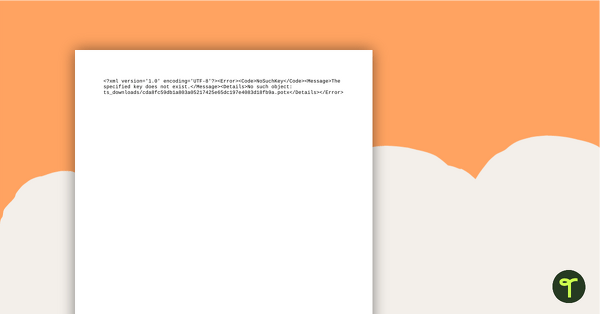
Natural and Processed Materials PowerPoint
A teaching presentation comparing natural and processed materials and how humans make scientific comparisons.
- Plus Plan
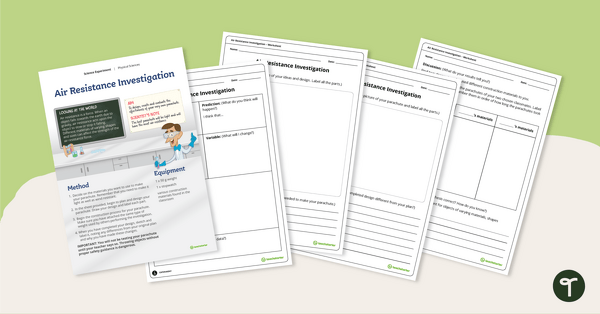
Air Resistance Force Investigation
Use this engaging air resistance force experiment when teaching your students about air friction and the effect it has on the effectiveness of a parachute.
- Plus Plan
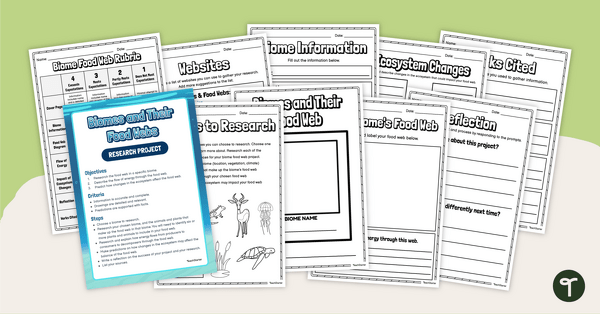
Food Webs - Research Project
Explore the food webs that exist in various biomes around the world with this student-centred inquiry task.
- Plus Plan
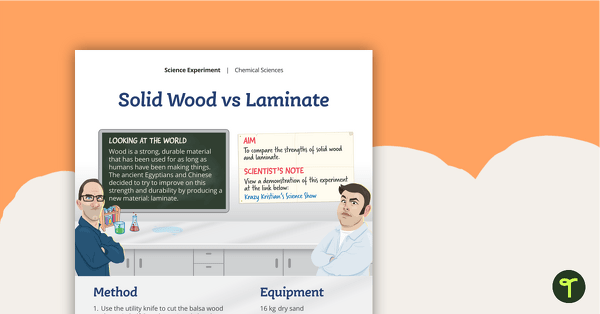
Science Experiment - Solid Wood vs Laminate
A science experiment which investigates the strengths of solid wood and laminate.
- Plus Plan
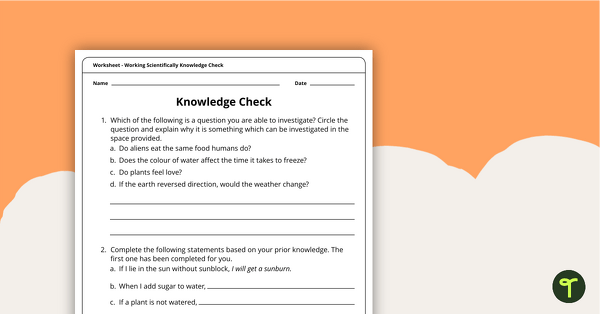
Working Scientifically Knowledge Check Worksheet
A worksheet used to check the students' knowledge of working scientifically.
- Plus Plan
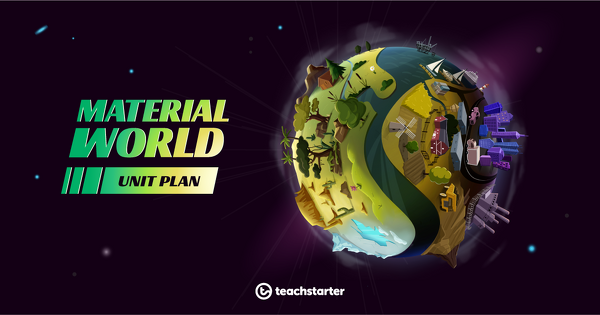
Material World Unit Plan
This Chemical Sciences unit investigates natural and processed materials. Demonstrations and experimental procedures are explored with particular attention given to the scientific method.
- Plus Plan
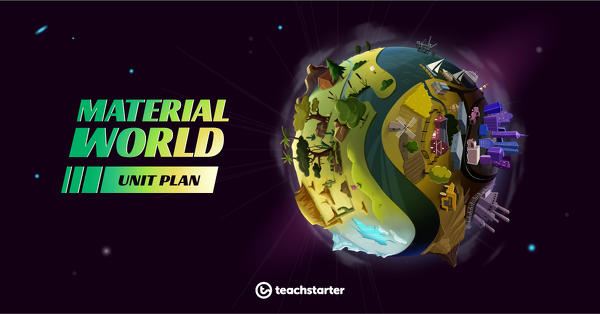
Fake Plastic Trees - A Demonstration Comparing Properties of Natural and Processed Materials
A 60 minute lesson in which students will compare the properties of natural and processed materials through a demonstration.
- Plus Plan
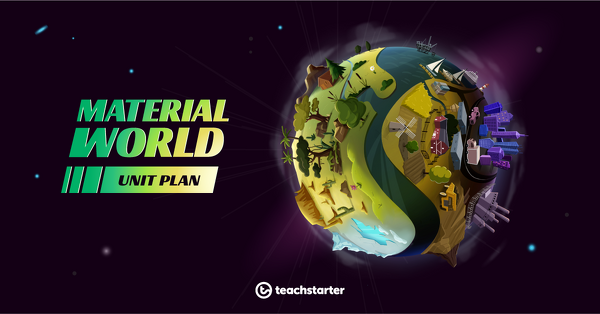
Plastic and Concrete - How Do People Use Processed Materials?
A 60 minute lesson in which students will investigate the ways humans produce and use processed materials.
- Plus Plan
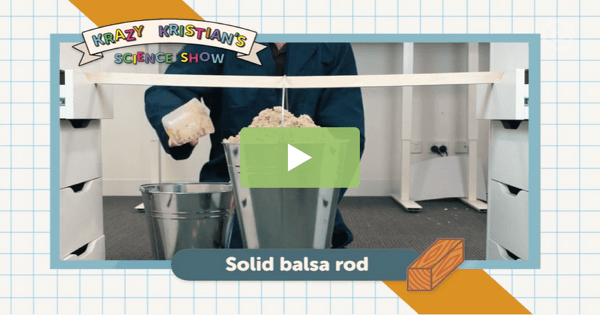
Natural and Processed Materials Video – Solid Wood vs Laminate
Explore natural and processed materials with this science experiment video perfect for your Year 4 science unit!
- Plus Plan
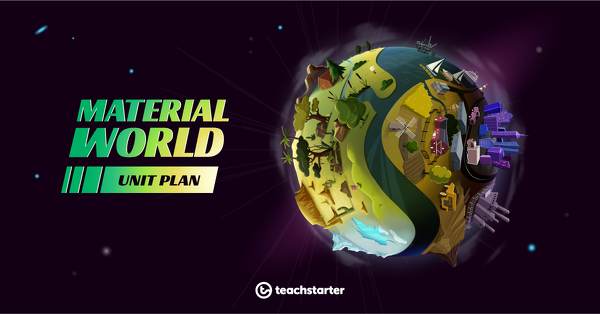
Working Scientifically Knowledge Check
An assessment task in which students will demonstrate their knowledge and understanding of how to work scientifically.
- Plus Plan
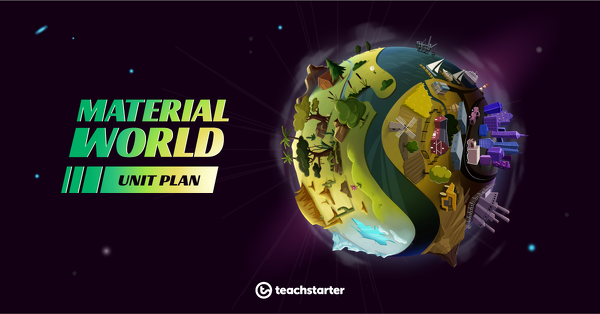
And Further On - Research Into the Environmental Impact of Certain Materials
A 60 minute lesson in which students will be introduced to a research task for them to undertake about a material of their choosing.
- Plus Plan
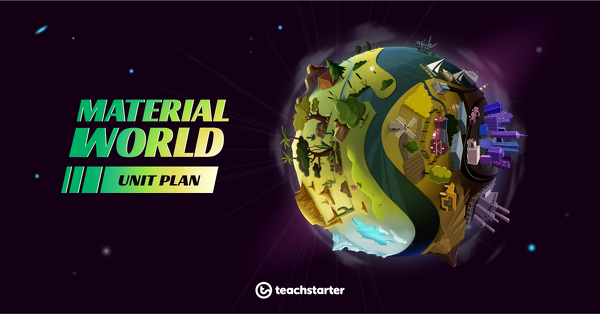
Science Experiment - Suck It Up!
A 60 minute lesson in which students will investigate materials and their absorptive properties through a scientific investigation.
- Plus Plan
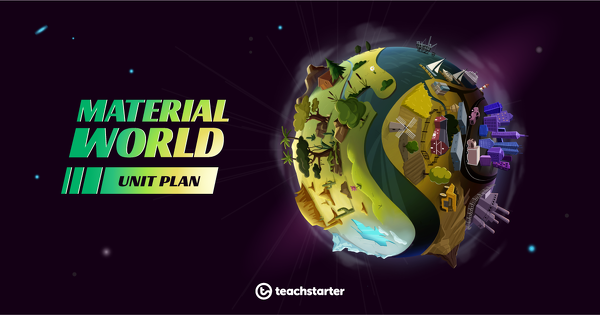
What's the Use? - Developing a Hypothesis to Investigate
A 60 minute lesson in which students will learn how to develop an effective hypothesis for scientific investigations.
- Plus Plan
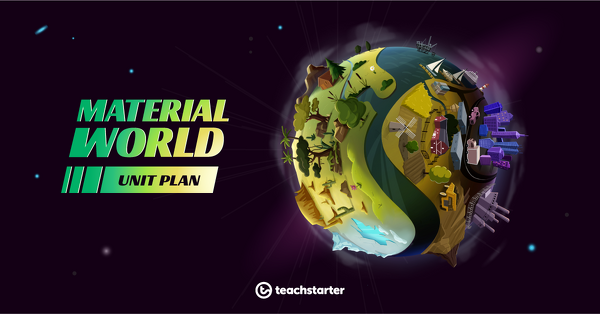
Freedom of Choice - Developing Scientific Lines of Questioning
A 60 minute lesson in which students will learn how to develop scientific lines of questioning to initiate a scientific investigation.
- Plus Plan
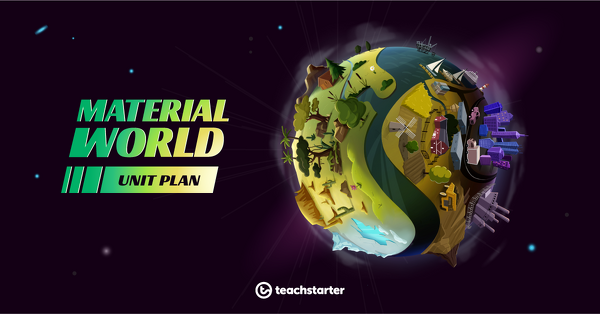
Natural Science - How Do People Use Natural Materials?
A 60 minute lesson in which students will investigate the use of natural materials by humans throughout history.
- Plus Plan
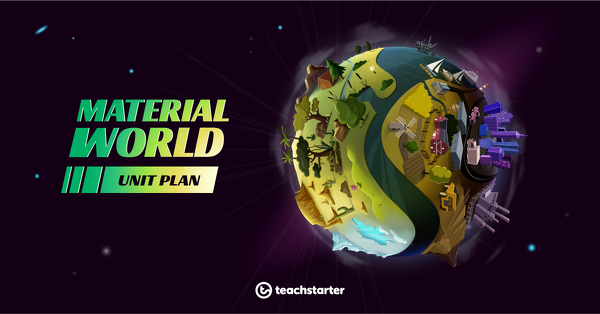
Living in the Material World - Examining Natural and Processed Materials
A 60 minute lesson in which students will examine and understand the differences between natural and processed materials and their uses.